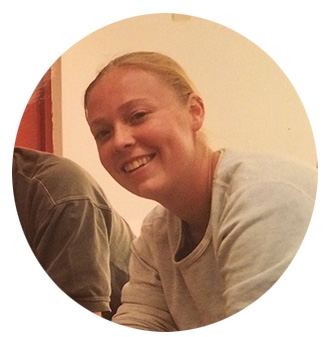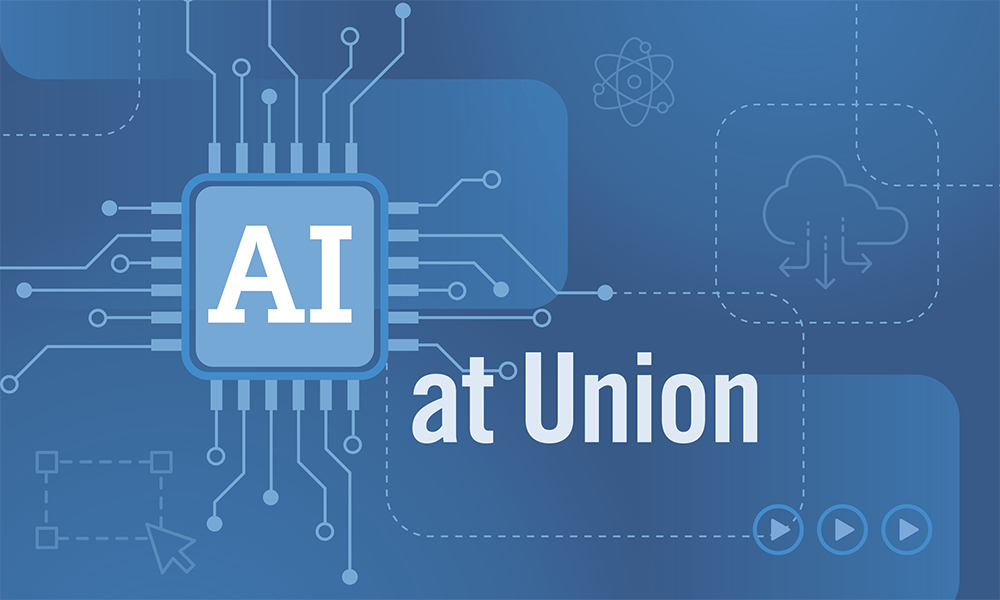Stephanie Perry ’04, of Edmond, Okla., has worked as a geologist and petrophysicist in the oil and gas industry for 14 years. As a petrophysical supervisor with Continental Resources, she is responsible for people development and career growth, technical growth opportunities for the company, data acquisition and subsurface rock and fluid reservoir characterization.
Perry studies and analyzes the chemical and physical properties of oil and gas deposits, including rocks and soil around the deposits. She collects data about these natural resource reservoirs that help her understand rock density, pore pressure, electrical and acoustic properties of the rock and the level of radioactivity in an area. This data can be used to estimate how porous the rocks are, the volume of oil and/or gas present and whether it can be extracted.
How do you use AI in your career?
Our team uses machine learning and AI to develop data relationships of critical rock and fluid properties, which then helps us create mathematical models. These models help fill data gaps and we also use the principles and applications as analogs to compare across earth sciences to better understand rock and fluid quality. We also utilize AI and statistical engines to generate predictive earth science models. Consider a rock from the Marcellus Shale region that has a property measuring 5%, which correlates to an expected X amount of natural gas production. We can use patterns observed in AI-generated data, together with math correlations, to make additional predictions about gas availability.
For those unfamiliar with AI, how would you define it?
Machine learning and AI (big data) creates efficiencies in terms of the quality of work, and the amount of work, a team can accomplish. AI allows us to sift through huge amounts of data that would be otherwise impossible to handle because of time and literal human resources. AI allows us to grasp, compare and predict complex 3D and 4D earth science and petrophysical challenges, which improves oil and gas exploration and development.
How did Union inform your path?
The foundation I received at Union has been critical to my career. Professors in the Geology Department, like John Garver and Don Rodbell, allowed me to find my passion for earth sciences. The exposure to research and critical thinking, and opportunities to travel abroad and apply foundational earth science principles and applications, completely transformed my life and subsequent career. I was also encouraged to attend professional conferences. That ability to develop into a public speaker with the skills to communicate science in writing and verbally is a major asset to me today. Finally, the exposure across majors taught me how these subjects are dependent on each other and how they can come together to solve problems from multiple directions. Exposure to mechanical and electrical engineering, physics and statistics set up a path for success in graduate school and in my career.


